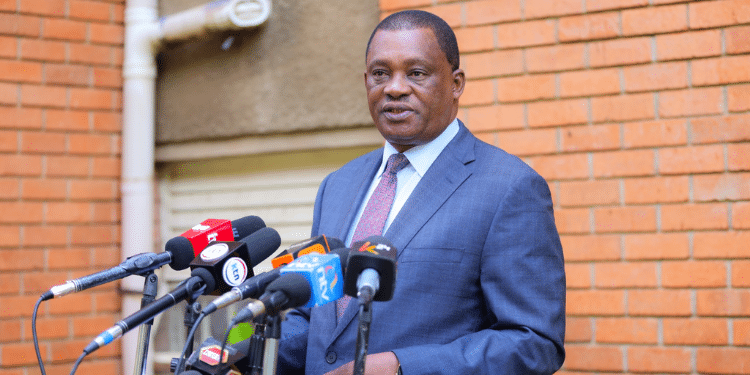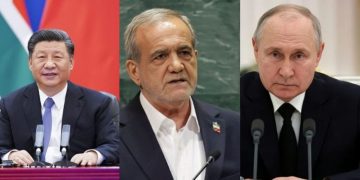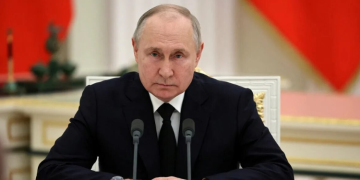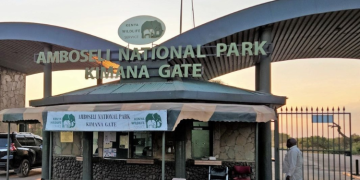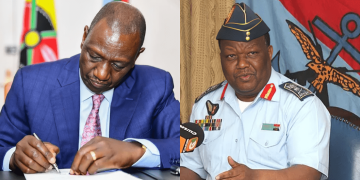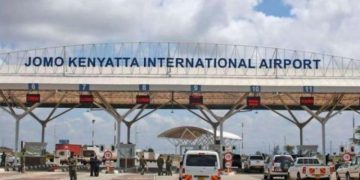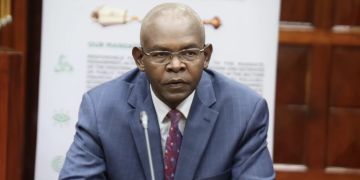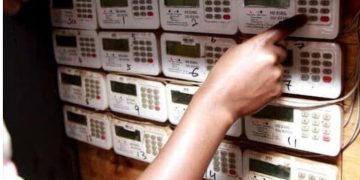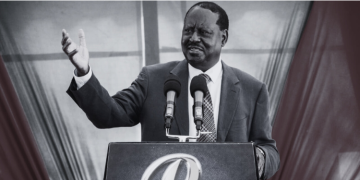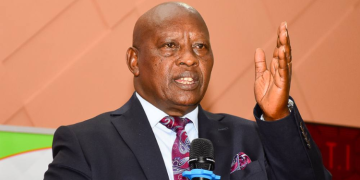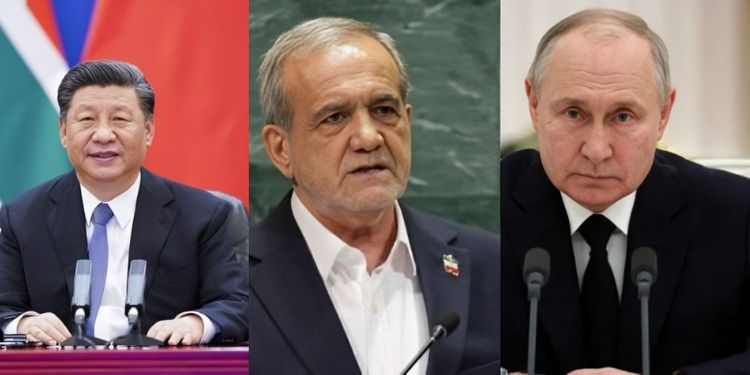Iran, Russia, and China have formally challenged recent moves by Western powers to reimpose sanctions under the Joint Comprehensive Plan of Action (JCPOA), in a joint letter addressed to Rafael Mariano Grossi, Director General of the International Atomic Energy Agency (IAEA).
The letter, dated 24 October 2025, dismisses the United Kingdom, France, and Germany’s (E3) invocation of the “snapback” mechanism as “legally and procedurally flawed.”
According to the letter, the E3 have “violated their commitments under both JCPOA and United Nations Security Council Resolution 2231,” and therefore lack the legal standing to trigger the provisions of the resolution.
The three countries stressed that E3 also failed to follow the procedures established under the Dispute Resolution Mechanism (DRM), making their action invalid under international law.
Mandate of UNSCR 2231 Declared Terminated
In the same letter, Iran, Russia, and China declared that all provisions under UNSCR 2231 (2015) had officially terminated on October 18, 2025.
Also Read: Iran Declares Full Control Over Its Nuclear Program
As a result, they asserted that the IAEA Director General’s mandate to report on verification and monitoring related to the resolution had lapsed.
“In accordance with UNSCR 2231, all its provisions have been terminated on 18 October 2025. In light of this termination, the mandate for the IAEA Director General’s reporting on verification and monitoring under UNSCR 2231 has lapsed,” the letter read.
The signatories further clarified that the IAEA’s future monitoring activities should only be guided by the Board of Governors’ resolution of December 2015 (GOV/2015/72).
This resolution, they noted, remains the “sole guidance the IAEA Secretariat is bound by in the matter.”
The letter cites Operative Paragraph 14 of the 2015 resolution, which stipulates that the Board would remain seized of the matter for 10 years after JCPOA Adoption Day or until the agency reaches a “Broader Conclusion for Iran,” whichever comes first.
Call for Diplomacy and Mutual Respect
Beyond the legal arguments, the three nations used the letter to call for renewed diplomatic engagement.
Also Read: IAEA Milestones – Africa’s Map the Global Nuclear Power Race
They emphasized that resolving disputes over Iran’s nuclear program requires political dialogue based on mutual respect, rather than coercive measures.
“It is essential that the relevant parties stay committed to finding a political settlement that accommodates the concerns of all parties through diplomatic engagement and dialogue based on the principles of mutual respect,” the letter stated.
The ambassadors urged all countries to avoid unilateral sanctions, threats, or actions that could escalate tensions, and instead contribute to “creating a favourable atmosphere and conditions for diplomatic efforts.”
Request for IAEA Circulation
Concluding the letter, the Permanent Missions of China, the Russian Federation, and the Islamic Republic of Iran requested the IAEA Secretariat to circulate the letter among all member states as an INFCIRC document.
They reaffirmed their collective commitment to preserving international peace and maintaining dialogue within the framework of existing agreements.
Follow our WhatsApp Channel and X Account for real-time news updates.

